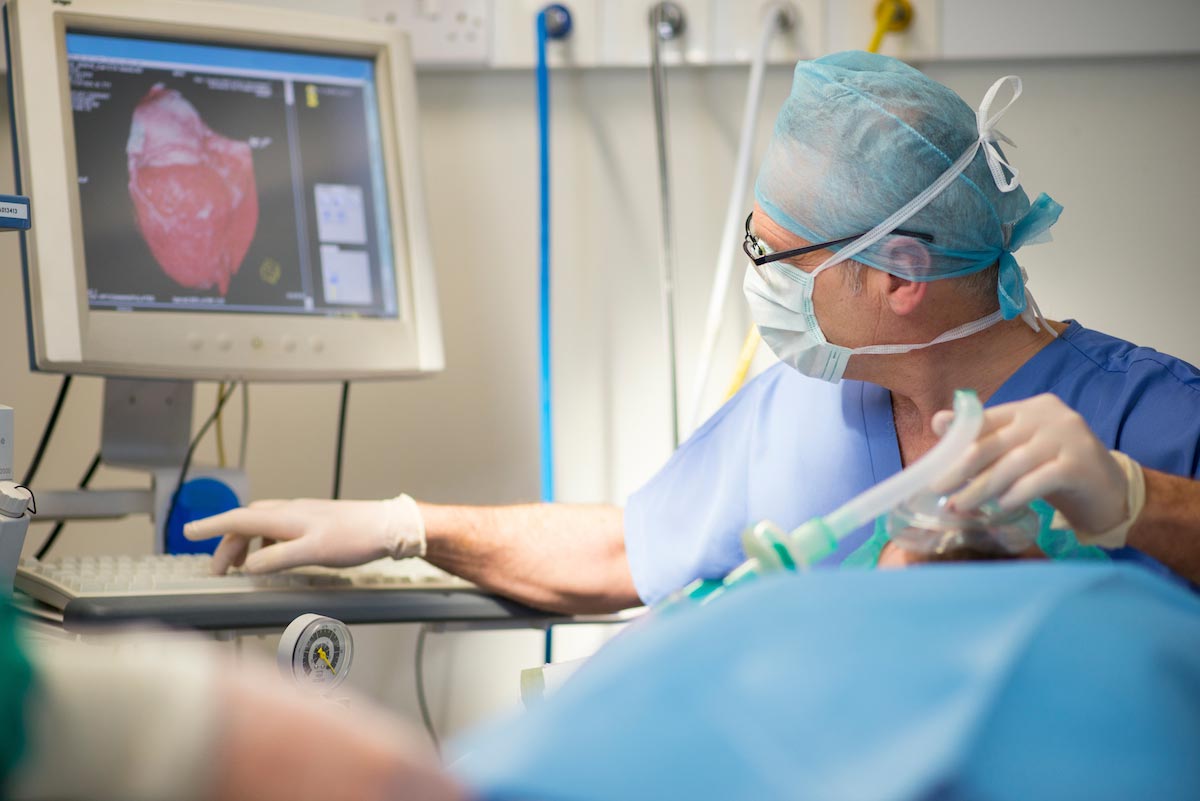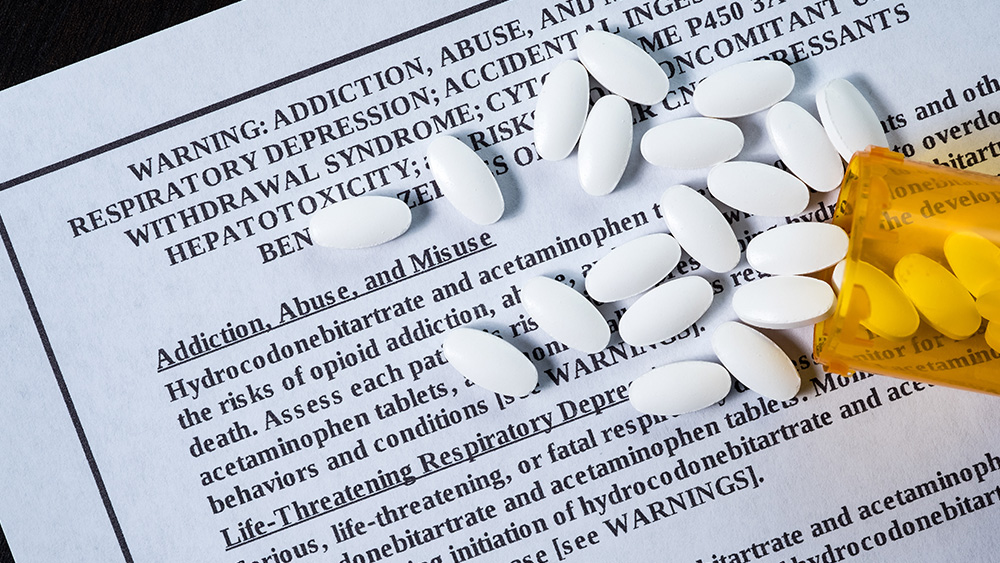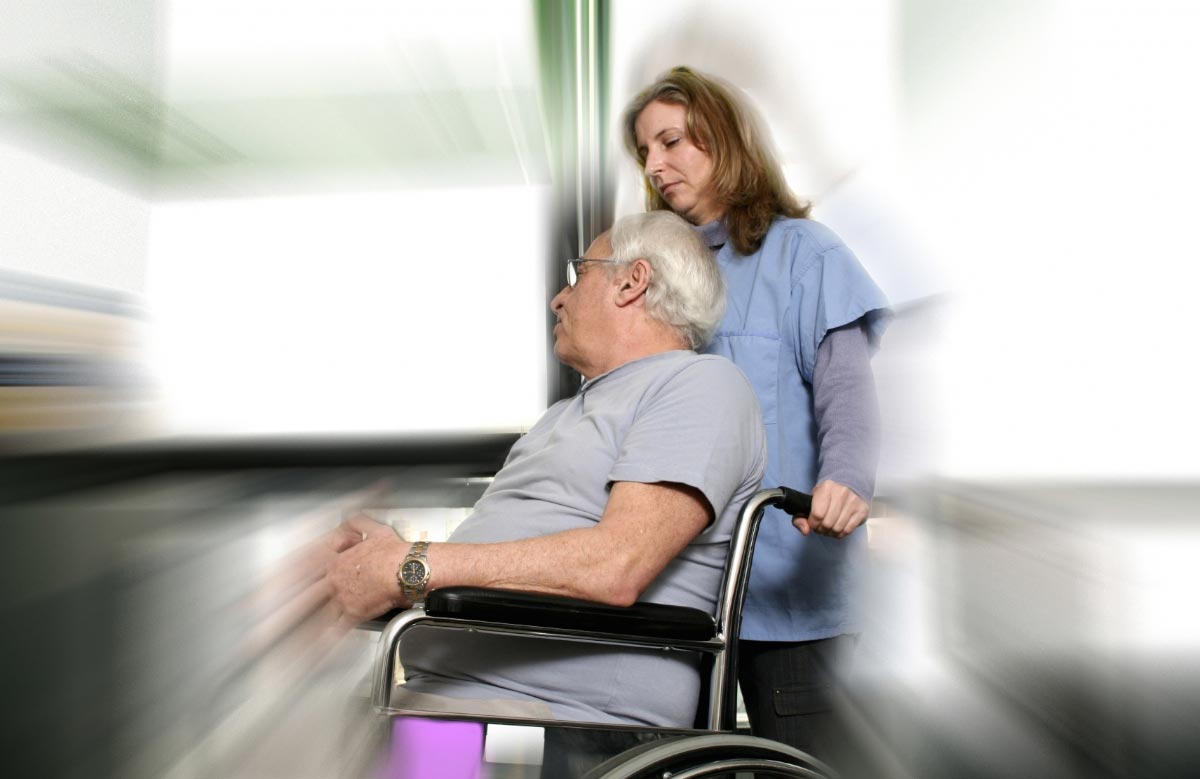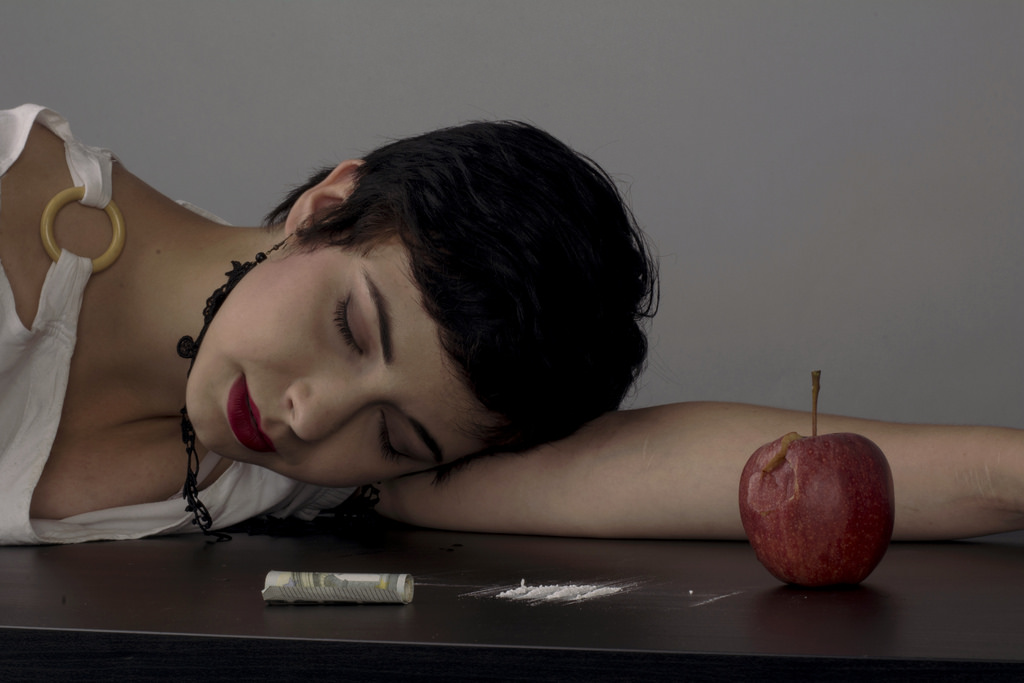Think electroshock therapy is a medical brutality from the past? Nearly 23,000 patients were “brain shocked” in the U.K. from 2015-16
03/18/2019 / By Rhonda Johansson
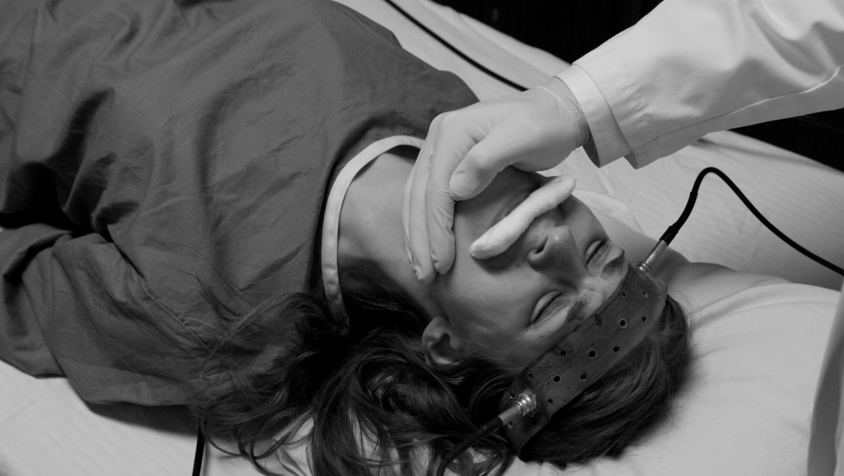
The number of patients who underwent electroconvulsive therapy (ECT) in the U.K. rose by 11 percent in the last four years, a shocking new report released by the TheGuardian.com revealed. The prevalence in which this treatment is prescribed depended on local medical preferences. The rise of ECT can be attributed to improved access to the therapy, less negative view of the treatment option, and incorrect prescription.
ECT, also known as electroshock therapy, was initially developed during the 1930s as a treatment for people with severe mental conditions. Patients were induced into an epileptic shock which would – in theory – “reset” the neural connections back to their original, healthy form. Considered archaic and barbaric, the practice was discouraged – though not banned – during the 1960s and 1970s as new treatment options for depression and other ailments were developed. ECT has then been listed as the last resort for people with severe depression. It has been thought that the procedure lost favor among mental health professionals.
The new analysis suggests otherwise. Using the Freedom of Information Act, The Guardian requested every English NHS mental health trust to release data regarding their ECT use between 2005-2006 and 2015-2016. Figures from private clinics were not included. That data showed that there was an 11 percent increase from 2012-2013 to 2015-2016. In fact, almost two-thirds of NHS trusts reported a rise in ECT treatments carried out over that four-year period. The average number of shock therapy per patients also rose, from 9.6 percent in 2012-2013 to 10.1 percent in 2015-2016. More surprisingly was the discovery that specific regions in the U.K. showed dramatic increases in ECT treatments. For example, the Mersey Care NHS trust showed a fairly constant number in ECT treatments whereas the Lincolnshire Partnership NHS foundation had a 75 percent increase. Experts have hypothesized that this alarming revival can be linked to several factors, including a lack of credible alternatives.
Tim Oakley, chair of the ECT Accreditation Service (ECTAS) accreditation committee and Clinical Director at the Northumberland, Tyne and Wear NHS foundation trust told the reporters at the Guardian, “I think [ECT] should be on the increase because it has been underused for a number of years. There are some patients who would respond very well to ECT who perhaps don’t get it as quickly as they should or don’t get it at all for various reasons. In terms of getting people better, particularly for depression where everything else fails, it is still the best treatment.”
Other mental health advocates are not so sold on the idea. “The decision about whether ECT is to be used or not is based on the quirks of the local psychiatrist. My view is that ECT is a classic failure of evidence-based medicine. I don’t believe that there are adequate clinical trials of ECT to establish its effectiveness,” retorted Richard Bentall, professor of Clinical Psychology at Liverpool University. Bentall went on to say that ECT proponents base their opinions on historical ECT trials which show the treatment benefiting patients with the most severe forms of depression. Yet, these studies have not been recently validated, highlighting the need for some sort of randomized placebo-controlled clinical trial — a proposal that ECT proponents have stated as unethical. To this, Bentall exasperatedly replied, “it is clearly unethical to pass electric shocks across people’s brains unless it is effective [and] helpful to do so and therefore there is an ethical requirement to show that treatment is effective.”
The rise of ECT treatments can also be linked to its induction. Instead of applying electrodes to both sides of the head, many health professionals now only apply it on one side. “That has slightly fewer side-effects and is less likely to cause memory impairment,” said Andrew Molodynski, consulting psychiatrist at Oxford Health NHS foundation trust and Mental Health Lead of the British Medical Association’s consultant committee.
Molodynski does note that the increase of ECT treatment should be viewed with some caution, particularly if the treatment is being used haphazardly. “Equally, if people are resorting to ECT for inpatients more quickly, because it works more quickly than antidepressants, in order to get them out of hospital because of our perpetual bed crisis, that would be a major concern.”
Sources include:
Tagged Under: depression, electroconvulsive therapy, Electroshock therapy, mental health, prescription warning, shock therapy, treatments

